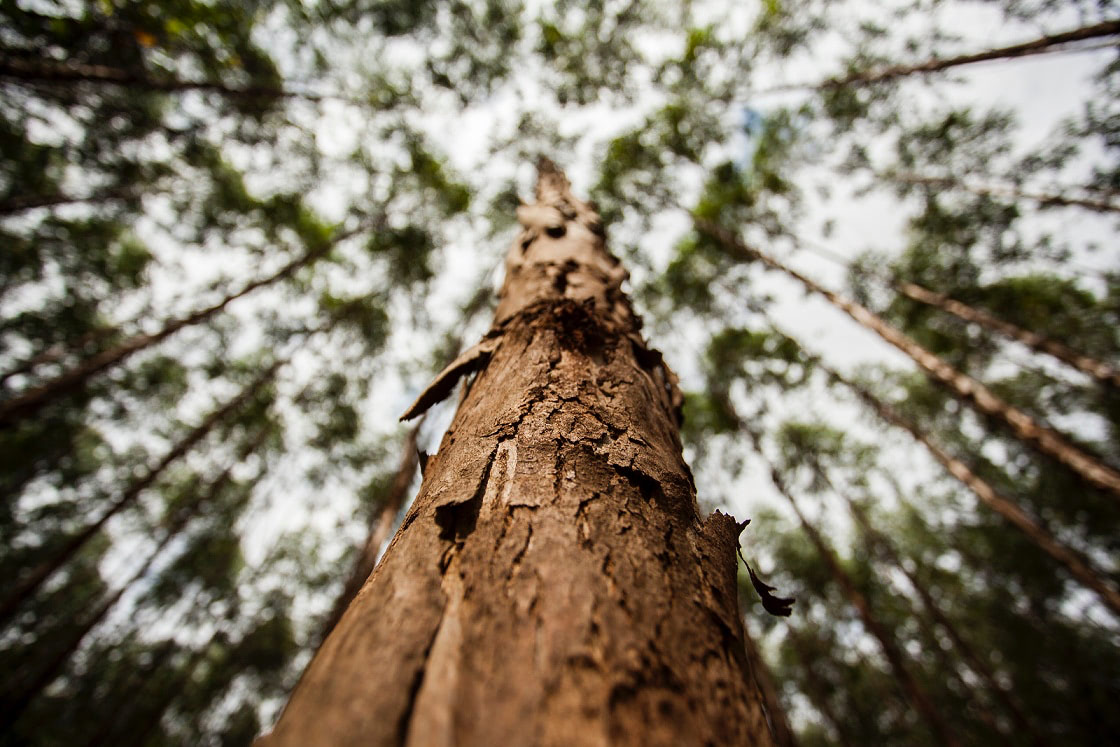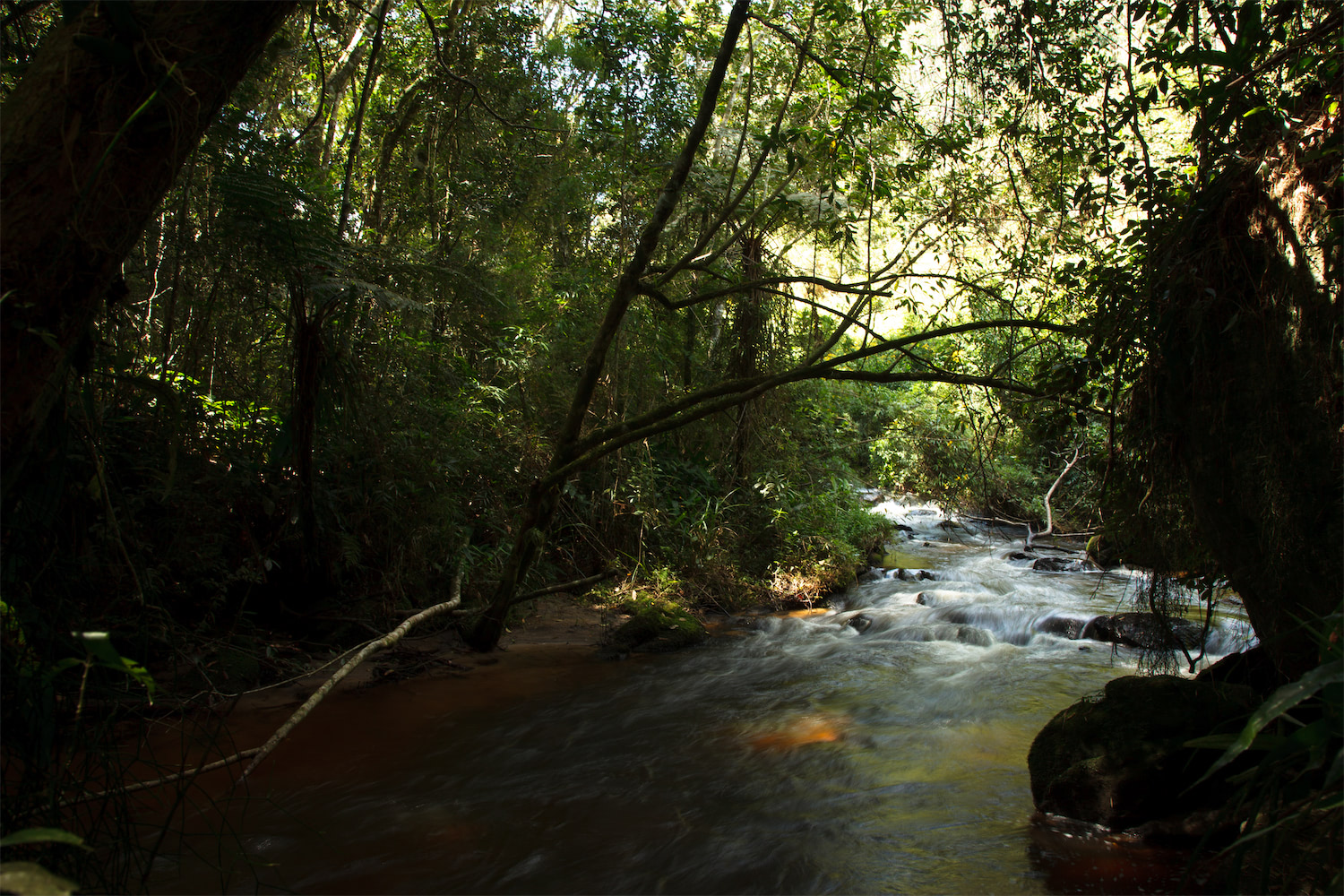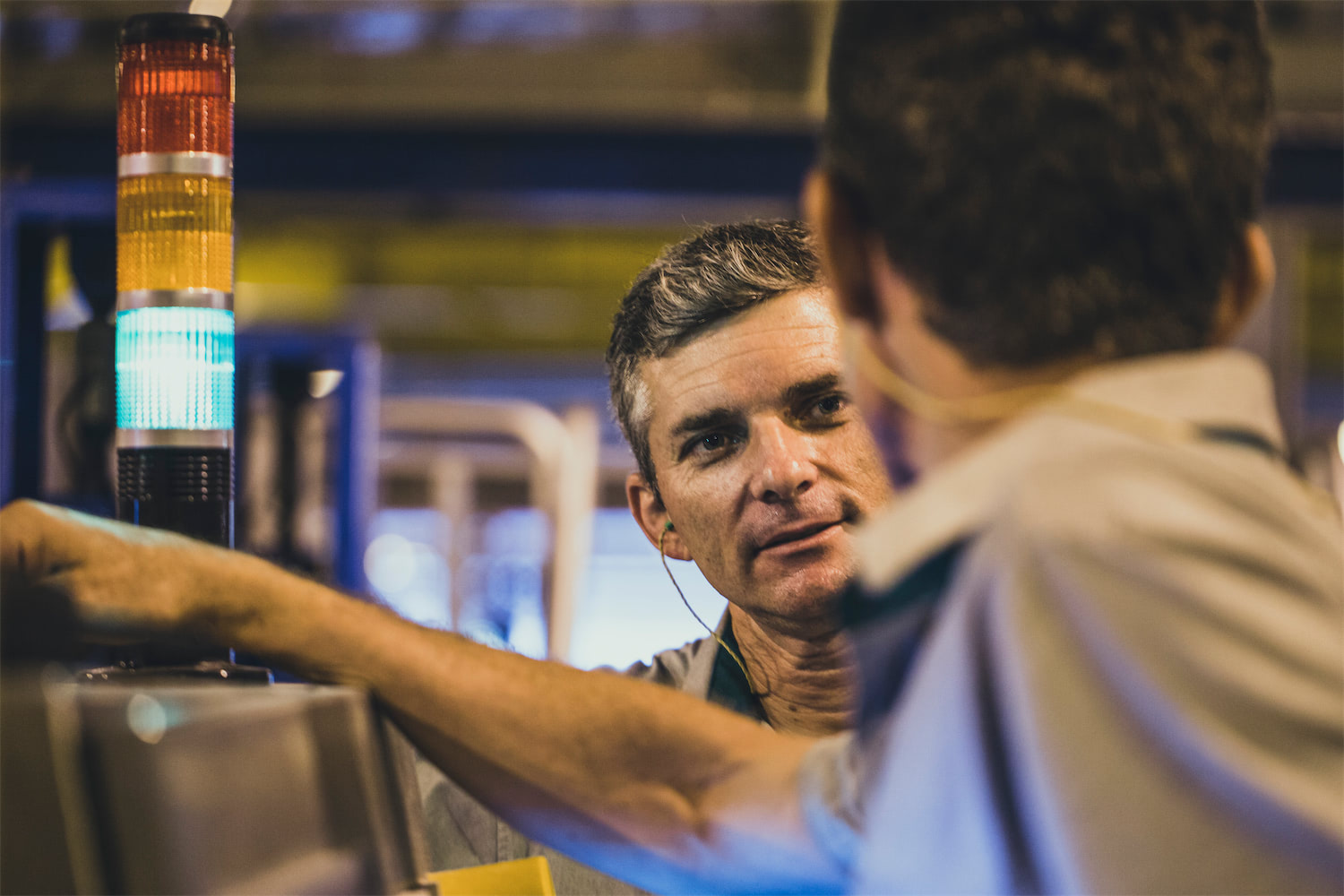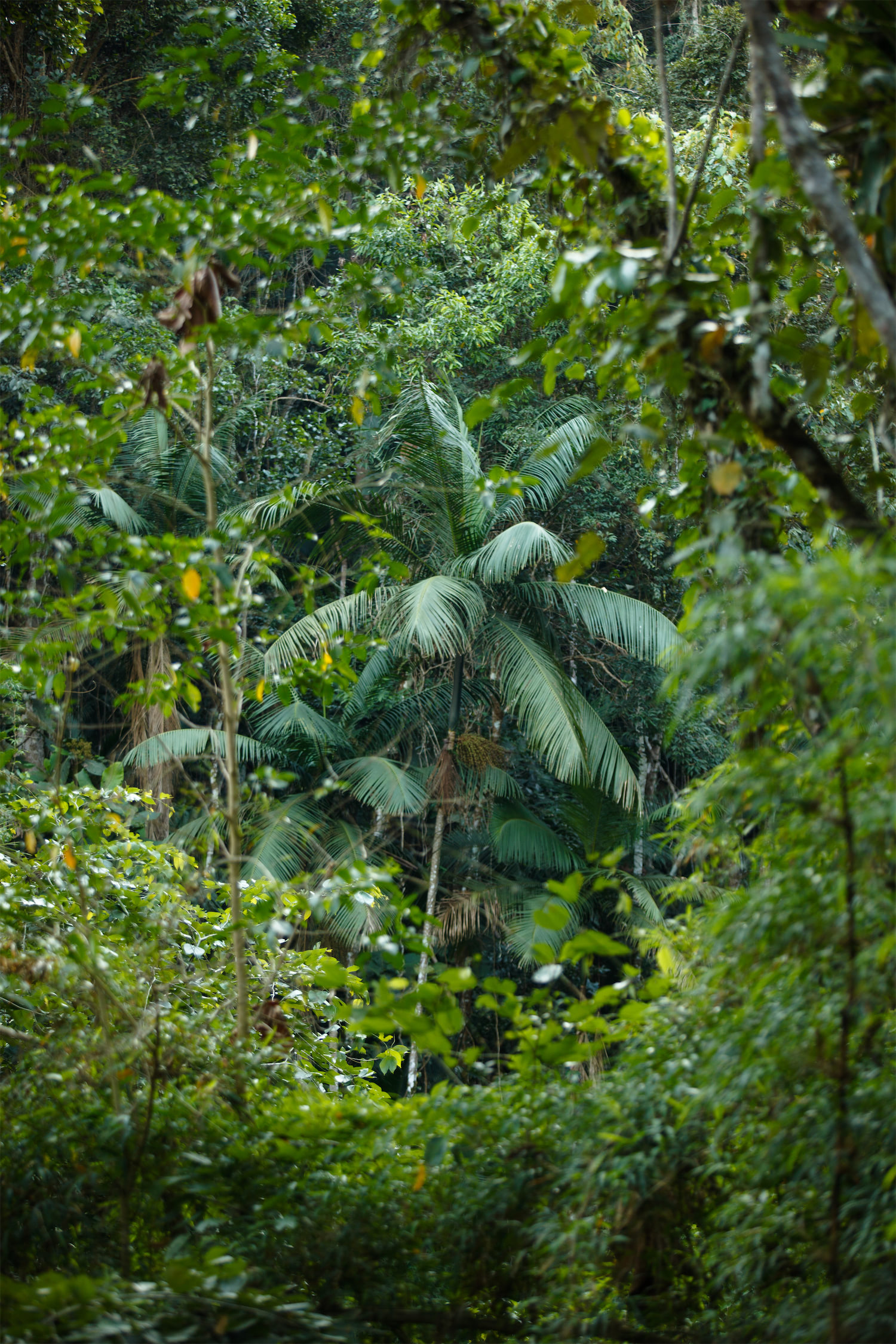

Reducing greenhouse gas emissions is the first step to address the climate crisis, so it is essential that all companies rethink production methods. Knowing our responsibility, we have undertaken to reduce by 15% our scope 1 and 2 greenhouse gas emissions for each ton of production by 2030 For this, we invest in projects aimed at the efficient use of fuel and energy, giving priority to the use of renewable energy, and in modernizing our equipment and vehicles.
But reversing climate change is such an urgent issue that we must go beyond reduction and seek solutions to capture carbon. At Suzano, we remove more CO2 from the atmosphere than we emit. In other words, we are carbon negative. And we have made a commitment to remove another 40 million tons of carbon from the atmosphere by 2025.This is the equivalent of what the city of São Paulo emits in two years. And we will do this by expanding, conserving and restoring our forests – both native and planted.
= This is the equivalent of what the city of São Paulo
emits in two years


A product of renewable origin is one that is produced from natural resources such as eucalyptus pulp, which can be regenerated in a short span of time. Our choices about what we consume each day directly impact the challenges that our planet is facing.
Each package, hygiene product, dress or type of fuel makes a difference. And offering renewable alternatives for many daily use products is part of our purpose. Hence, we have undertaken to offer 10 million tons of products of renewable origin to replace plastic and other petroleum-based products by 2030.

to replace plastic
and other petroleum-based products by 2030.

Guaranteeing the water renewal cycle is essential both for life on the planet and for our production process. Eucalyptus and native forests play an important role in this cycle. Our forests cover more than 2 million hectares across Brazil and we know that some regions of the country are subject to water shortages as a result of natural characteristics.
Hence, we have announced our commitment to increasing water availability at all watersheds considered critical in Suzano's areas of operation by 2030, through forest management and planning actions. We also use water in our manufacturing process. In the industrial segment, we already operate according to international best practices for water use, but we are committed to going further and reducing it by 15% by 2030. And the water that is used is also treated before returning to watercourses.

at all watersheds considered critical
in Suzano's areas of operation by 2030

The waste we produce and consume should not be the end but a new beginning. After all, when we dispose of garbage, it still remains on our planet and needs to be processed by nature. At Suzano, everything that is left over from our operations is disposed of in a responsible manner.
But this alone is not enough: our goal is to reduce by 70% the solid industrial waste sent to landfills by 2030 so that this waste can be used in other production chains, such as recycling and agriculture .

Power generation from fossil fuels is one of the biggest causes of greenhouse gas emissions. Using more and more renewable alternatives is urgently needed today.
By using biomass residues left over from our production, we now have mills that are energy self-sufficient, which generate enough energy to power the entire operation and even supply the surplus to the national electricity system. Our goal now is to increase exports of this clean energy by 50% 2030, by ramping up generation and implementing energy efficiency projects.


One of the biggest threats to biodiversity is the fragmentation of natural areas and forests. We are in the country with the greatest biodiversity in the world and hence we want to be part of the transformation of this reality. We have undertaken a challenging commitment for 2030:
to connect, through ecological corridors, 500,000 hectares of the Cerrado, Atlantic Forest and Amazon forests – equivalent to four times the size of Rio de Janeiro city – which will significantly help conserve biodiversity. The creation of ecological corridors will connect isolated areas, thereby enabling the movement of animals and increasing the vegetation cover and, consequently, the regeneration of biodiversity.

- equivalent to four times the size of Rio de Janeiro city
See also
COMMITMENTS TO
RENEWING LIFE